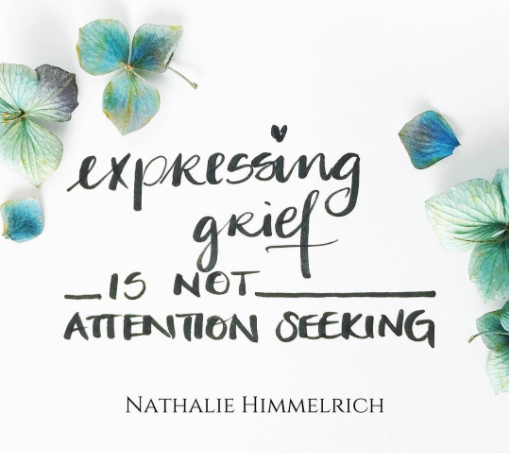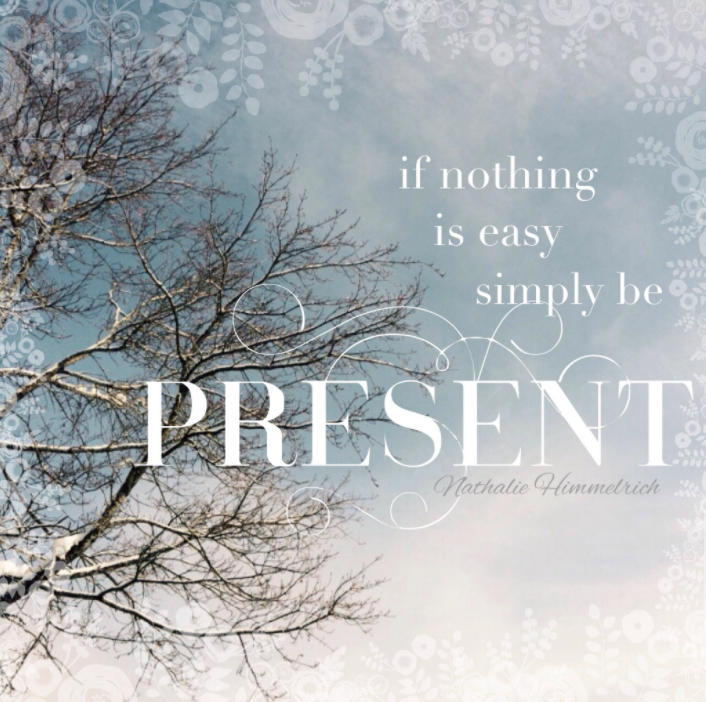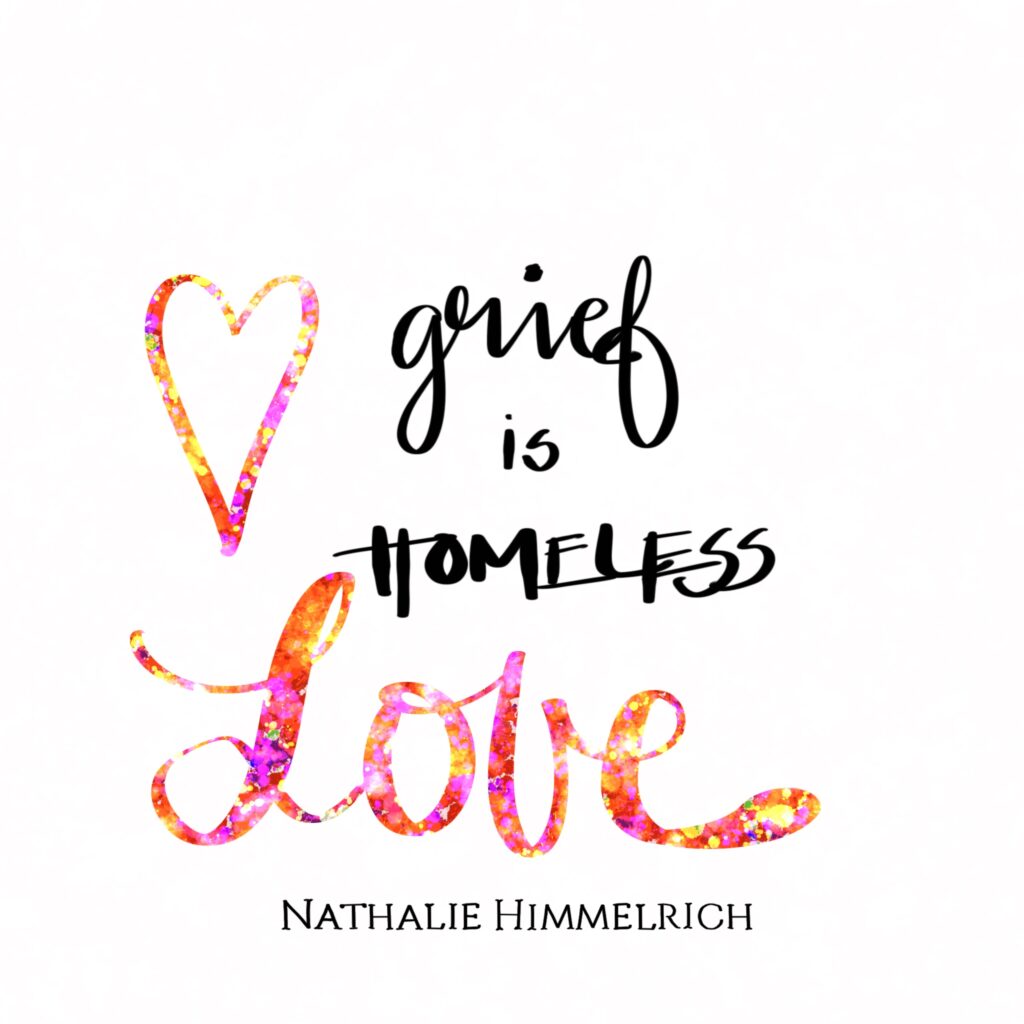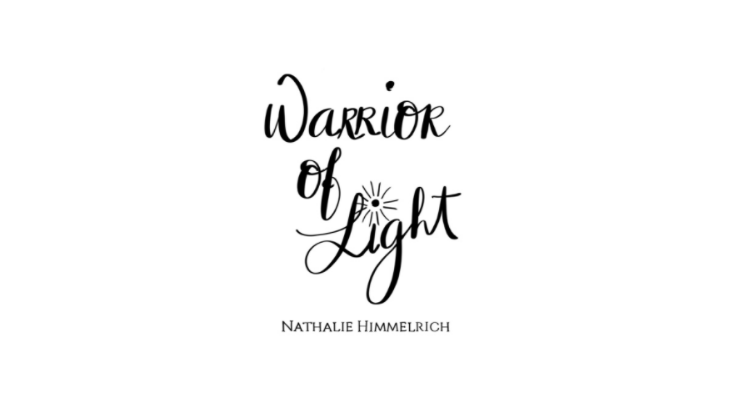
They did not survive. I did.
Having lost our daughter at 3 days old and then my mother through suicide just four and a half month later I often doubted I would survive this emotional intensity called grief. I was tired of living. I was exhausted from the emotional rollercoaster. Yet suicide was totally out of the question for me as I was acutely aware of the emotional turmoil my mother had left behind in the family surviving her self-chosen death and I was absolutely clear of the important role I played as the mother to my other child.
Did I do more than survive?
How did I survive the first year? I wonder as I’m looking back. Big sigh. Something in me knows but somehow my memory can’t take me there because it’s not necessary to re-live those days? I don’t know. I find it hard to recall the time besides certain moments that have carved their mark on my soul. Luckily I ofter wrote so I can go and read about it. Journal entries, notes to my friends and family, emails, poems and I wrote a blog. All these writings are what lead to friends encouraging me to write a book.
Writing a book wasn’t part of my life’s aspiration. I regularly wrote articles as part of my professional website as a psychotherapist. Even though I had no idea what writing a book would entail, I knew everything could be learned. Fast forward to today I have written and self-published three books and am working on a not-for-profit community project book. The fourth book I’ll be publishing will be an anthology containing the writing of many mothers and fathers like you. They describe the challenges of the first year after the loss, an account of how they managed to survive.
Writing helps
Having just emerged from reading the submissions we’ve received I was taken on a journey back into the experience of the first year. Not just mine but in fact over 50 mothers’ and fathers’ experiences that they candidly shared with me. These essays took my breath away, left me gasping for air and drying my tears. Even though each parent’s experience is unique I could relate, as a mother, as a bereaved mother and as a human being, touched by their loss in the many-faceted challenges it brings.
What I didn’t fully realise when calling for submissions for this new book, was the potential for healing that this project offers. Writing and its healing potential has been researched widely (for example here and here) but reading the essays I noticed so much more. I remember now that I had already noticed this when doing the research and interviews for my first book Grieving Parents: Surviving Loss as a Couple. The intense involvement with my own and other people’s stories, their ways in which they confronted and handled challenges and what happened inside of me in effect to all of this offered a huge shift in my grief towards healing. And it won’t end with me because given the end product is a book many people will receive; it offers this potential to all those who read it.
This post was originally posten on March 1st, 2017.





